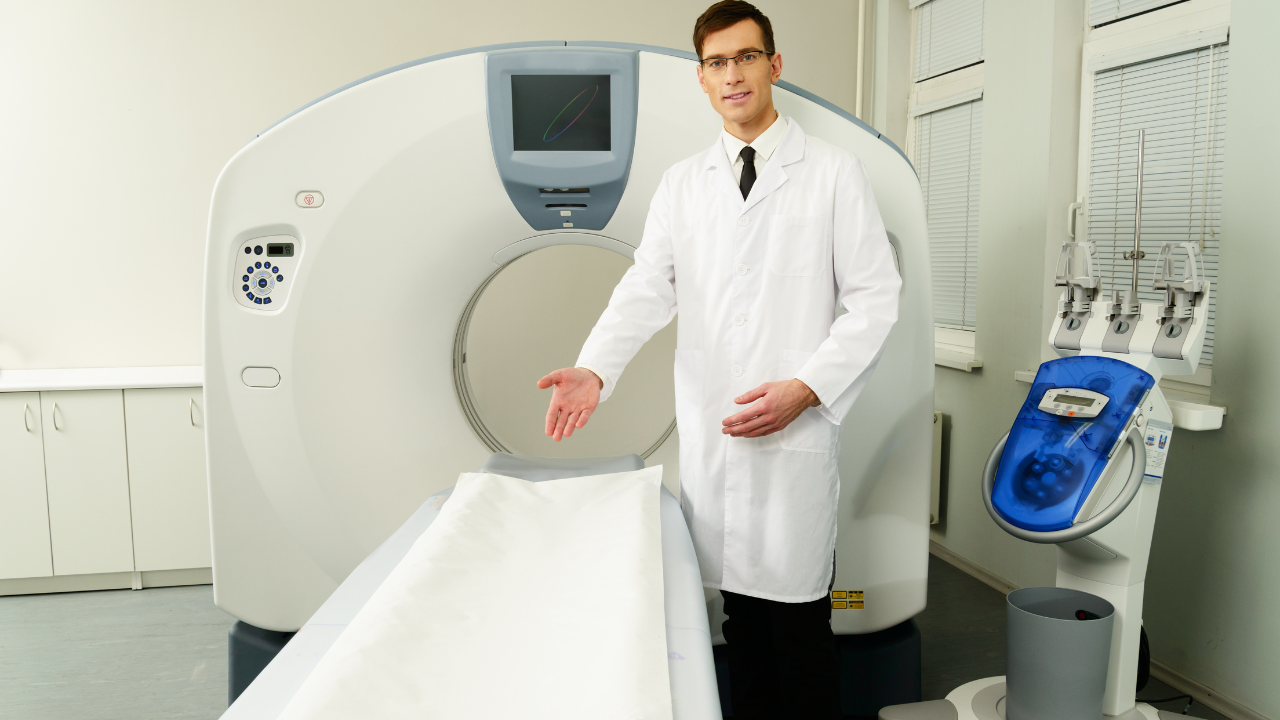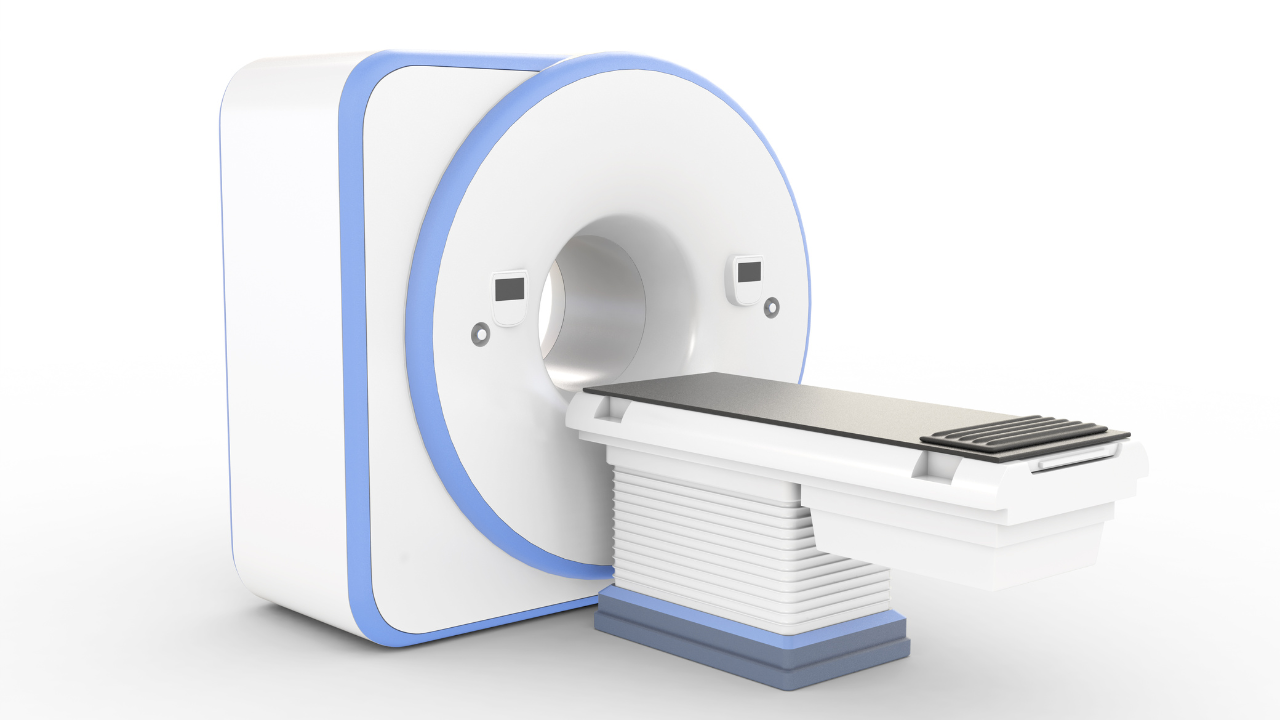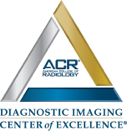Blog and News

Navigating the preparatory steps before your x-ray appointment can feel like walking through a labyrinth, each turn presenting a new challenge to overcome. You've got to mark your calendar, ensuring you don't miss the appointment, and sometimes, you're required to fast, making sure your stomach is as empty as a deserted town.
Don't forget, you'll need to strip away any metal objects as if shedding an old skin, and for those who must ingest contrast material, understanding its nature and potential allergies is crucial. Moreover, mastering certain breathing techniques might just be your secret weapon.
But why, you might wonder, are all these steps so critical? Let's just say, the devil is in the details, and it's these nuances that can dramatically influence the clarity and usefulness of your results.
Listen to the Article
Key Takeaways
- Confirm appointment details and insurance, and understand required documentation for a smooth experience.
- Adhere to fasting and dietary guidelines to ensure accurate X-ray results.
- Remove all metal objects to avoid imaging interference and ensure clear diagnosis.
- Understand the use of contrast material and practice breathing techniques for improved image clarity.
Scheduling Your Appointment
Before scheduling your X-ray appointment, it's crucial to check with your healthcare provider for any specific instructions or prerequisites. They'll guide you on the best time for your examination, considering your unique health circumstances.
Make sure you're clear on what documentation to bring and if insurance details are needed. This step empowers you to make informed decisions, guaranteeing a smooth experience at the radiology department.
Preparing for Fasting Requirements
Before your X-ray, you'll need to adhere to specific fasting guidelines. Understanding these is important. You'll learn about the duration of dietary restrictions and how it affects your procedure.
Additionally, we'll provide strategies for managing hunger sensations during this period.
Understanding Fasting Guidelines
Understanding the fasting guidelines is important when preparing for an X-ray appointment to guarantee accurate results.
- Verify if fasting is necessary for your specific X-ray.
- Understand what fasting entails: no food, drinks, or chewing gum.
- Medications may be allowed; consult your doctor.
- Water intake instructions vary; confirm with your technician.
- Abstain from smoking during the fasting period to guarantee clear images.
Duration of Dietary Restrictions
Knowing the duration of dietary restrictions is important when preparing to meet fasting requirements for an X-ray. Typically, you'll need to fast for about 6 to 8 hours prior to your appointment. This means no food or certain liquids during this period.
It's critical to follow these guidelines accurately to guarantee clear images. Adhering to this timeline maximizes the effectiveness of your X-ray examination.
Managing Hunger Sensations
While adhering to fasting requirements is necessary for clear X-ray images, it's equally important to manage hunger sensations effectively during this period.
- Drink plenty of water to feel fuller.
- Distract yourself with light activities.
- Chew sugar-free gum if allowed.
- Plan a nutritious post-X-ray meal.
- Avoid smelling or looking at food to reduce cravings.
These steps can help you navigate fasting with minimal discomfort.
Metal Object Removal
Before your X-ray appointment, it's crucial to eliminate all metal objects from your body to avoid interference with the imaging process. This includes jewelry, watches, and piercings. Even small items like eyeglasses and dentures with metal parts must be removed.
Failure to do so can obscure the results, leading to inaccurate readings or the need for repeat scans. Guarantee you're metal-free for a clear, accurate diagnosis.
Understanding Contrast Material
After removing metal objects for your X-ray, it's also important to understand the role of contrast material in enhancing certain images.
- Contrast material highlights specific areas, making them clearer.
- It's typically used for organs and blood vessels.
- You might ingest or receive it intravenously.
- Not everyone requires contrast.
- Follow your healthcare provider's instructions regarding contrast preparation.
This knowledge guarantees you're fully prepared for your appointment.
Allergy Precautions
If you're scheduled for an X-ray requiring contrast material, it's important to inform your healthcare provider about any allergies you have. This step is essential to avoid adverse reactions.
Mention all allergies, especially to medications, iodine, or shellfish, as these can indicate a higher risk of reaction to some contrast dyes. Your provider may prescribe pre-medication or choose an alternative method to guarantee your safety.
Learning Breathing Techniques
Before your X-ray appointment, it's important to understand the benefits of deep breathing, which can greatly enhance image clarity.
You'll need to practice controlled breaths, as this helps stabilize your body and reduce motion during the procedure.
Mastering these techniques guarantees a smoother process and more accurate diagnostic results.
Benefits of Deep Breathing
Learning deep breathing techniques can greatly enhance the effectiveness and comfort of your X-ray procedure by promoting relaxation and reducing anxiety.
- Increases oxygen flow to your body
- Lowers heart rate
- Reduces muscle tension
- Improves focus and clarity
- Enhances patient cooperation during the procedure
These benefits not only prepare you physically but also mentally, ensuring a smoother and more efficient imaging process.
Practicing Controlled Breaths
Mastering controlled breathing techniques is an essential step in preparing for your X-ray appointment, offering significant benefits for both your mental and physical readiness.
Begin by inhaling slowly through your nose, allowing your chest and belly to rise. Then, exhale gently through your mouth.
Practicing this method daily enhances your ability to remain calm and still, ensuring a clearer X-ray image.
Frequently Asked Questions
Can I Take My Regular Medications Before an X-Ray Appointment?
Ever wondered if your daily meds will clash with your X-ray? You're in luck; you can generally take your regular medications before an X-ray appointment. However, always confirm with your healthcare provider for peace of mind.
How Do I Manage Anxiety or Claustrophobia During an X-Ray Procedure?
To manage anxiety or claustrophobia during an X-ray, communicate your feelings to the technician. They can offer breaks, explain the process, or adjust techniques. Deep breathing exercises may also help you feel more at ease.
Are There Any Specific Considerations for Pregnant or Breastfeeding Individuals Before Undergoing an X-Ray?
If you're pregnant or breastfeeding, imagine your body as a protective vessel. You must inform your technician beforehand. Protective measures or alternative imaging might be considered to guarantee both your safety and your child's.
What Should I Do if I Have a History of Kidney Issues and Am Scheduled for an X-Ray Involving Contrast Material?
If you've got kidney issues and need an X-ray with contrast, you should inform your doctor beforehand. They might adjust the procedure or take precautions to keep your kidneys safe during the imaging process.
How Soon After the X-Ray Can I Return to My Normal Activities, Including Exercise and Work?
You can typically resume normal activities immediately after your X-ray. However, if contrast material was used, especially with kidney issues, it's wise to wait a few hours, ensuring your body properly processes the substance.
Services
Contact Details
Address: 1971 Gowdey Road,
Naperville, IL 60563
Phone: 630-416-1300
Fax:
630-416-1511
Email: info@foxvalleyimaging.com
© Copyright 2023 Fox Valley Imaging, Inc..






